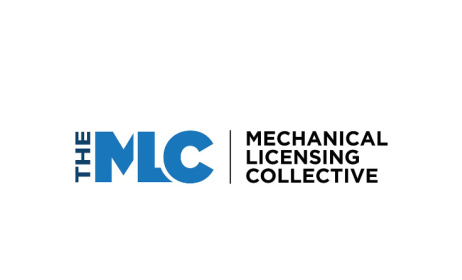Collecting society slams MTN for ‘not paying royalties since 2013’
African mobile giant MTN is facing allegations that it has failed to pay music copyright royalties to songwriters since 2013. The company, which allegedly owes just under R1 million (US$60 000) for 2014, has also allegedly failed to declare music sales data and earnings for 2015 to songwriters.
 One of many MTN stores all over Africa. Photo: www.moneyweb.co.za
One of many MTN stores all over Africa. Photo: www.moneyweb.co.za
The Composers, Authors and Publishers Association (CAPASSO), the royalty collecting society that represents songwriters and their publishers for music digital sales, this week announced that attempts to license and collect the outstanding royalties and reports from MTN and its subsidiary Content Connect Africa (CCA), which is responsible for delivering some of the music available on MTN music platforms such as CallerTunez, have been met with “nothing but constant rate disputes and an unwillingness to enter into licence agreements”.
CAPASSO’s Business Affairs manager Wiseman Ngubo said: “Following more than a year of negotiations with both MTN and CCA, it is remarkable that both these parties are now disputing the licence fee rate, even though MTN previously paid royalties at the same rate in 2013. The rate has not increased.” This is apparently despite other industry players, including competitor mobile companies and other suppliers of music to MTN (such as Madlozi, a company affiliated to Kalawa Jazmee) agreeing and duly paying music royalties at the same agreed rates.
CAPASSO claims that MTN’s attitude to songwriter royalties is not new, claiming that “failed negotiations and rate disputes have been the order of the day for over five years”, while the mobile giant continues to sell hit singles such as Black Coffee’s ‘We Dance Again’ and K.O’s ‘Caracara’.
'An increasingly relied-upon revenue stream for songwriters'
According to CAPASSO CEO Nothando Migogo, “As CD sales steadily decline, digital music sales are an increasingly relied-upon revenue stream for songwriters and composers. Songwriters are excited to see their songs on sale by MTN as caller ring-back tones or downloads, but are shocked when CAPASSO tells them that it hasn’t received royalties or, in some cases even reports, for these sales”.
“The unfortunate thing is that songwriters, who are also artists, don’t realise that even if they receive payment for their role as the artist or singer on a song, they are still owed another royalty for their role as a songwriter. It is this songwriter royalty that CAPASSO collects. It is even worse for songwriters who don’t perform on the actual song. They don’t even benefit from the first type of royalty which may (or may not) have been paid by MTN,” explained Migogo, adding that numerous “hidden” songwriters or featured artists on other artists’ hit singles have been at CAPASSO’s door demanding reasons for the missing royalties.
With the call by mobiles giants (including MTN) for more regulation of ‘over-the-top’ (OTT) services such as Whatsapp and Skype due to the negative impact these services have had on their profits, CAPASSO says MTN’s disregard of its own governance and corporate citizenship obligations is “even more glaring and ironic”.
MTN denies allegations
MTN has strongly denied CAPASSO’s allegations, claming that they are waiting for CAPASSO to send them an invoice. When approached by Music In Africa for comment, Larry Annetts, MTN SA’s Sales, Marketing and Distribution Executive, said that MTN “has noted the allegations” from CAPASSO about failing to pay royalties to songwriters since 2013, but believes them to be “devoid of all truth”.
“MTN prides itself at being at the forefront of music development in South Africa and across the continent,” said Annetts about the company, which sponsors among other things the South African Music Awards (SAMAs) and the Bushfire festival in neighbouring Swaziland, and in October 2015 signed up rapper Cassper Nyovest as a brand ambassador.
“MTN has in the past collaborated with collecting societies in respect of the payment of all royalties owed. In a bid to expedite payment to artists, MTN even initiated its own process to settle outstanding royalty payments that were delayed [by] industry issues,” said Annetts. “MTN had a close working relationship and engaged extensively with the National Organisation for Reproduction Rights in Music (NORM), the predecessor of CAPASSO, and even settled outstanding royalties with CAPASSO in late 2014.
“MTN has been working with CAPASSO to settle royalties for the current period. CAPASSO had sent MTN an invoice for royalties that contained duplicated claims. MTN requested CAPASSO to submit a revised and correct invoice in respect of invoices payable. To date the revised invoice has not been sent,” he continued. “MTN has never disputed any royalty rates with CAPASSO or any other collecting society. Since 2014 MTN has required all content providers to obtain all necessary licenses and engage directly with the regulators.”
With both bodies claiming the moral high ground, it remains to be seen whether CAPASSO will in fact deliver the “revised invoice” or if the MTN will be forced to cough up the cash - and apologise to the songwriters who are still owed their royalties.


































Comments
Log in or register to post comments